Local Report from Tunisia: Potential Tunisian Products in Japan
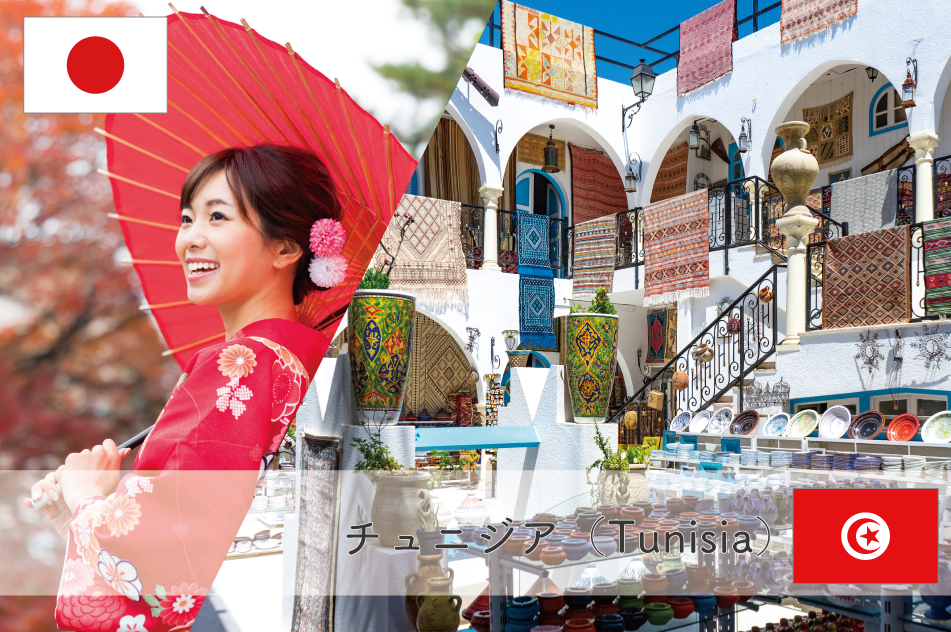
Here is the best information to give to those who are interested in importing Tunisian products and selling them in Japan.
As you already know, Tunisia is the host country of the Tokyo International Conference on African Development (TICAD8) scheduled for August 2022.
Our staff S, who used to live in Tunisia, will introduce the attractive point of Tunisia from various angles such as industry, human resources, food, life and beauty based on her own experience in both northern and southern Tunisia.
In the previous article, I introduced potential Japanese products that in Tunisia based on my personal opinion.
In this article, based on the impression that I actually lived in this area, I would like to introduce Tunisian products that will be a big seller in Japan.
In recent years, due to the growing health consciousness, I feel that there is a tendency in Japan to purchase various quality products ordered from all over the world.
Tunisian products are no exception, dates, a specialty of southern Tunisia, known as superfoods, are sold at convenience stores in Japan. You can also get Harissa, a seasoning arranged in a Japanese style, and sashimi of Tunisian tuna at Japanese supermarkets.
In this article, based on my experience of living in Tunisia, I would like to introduce potential Tunisian products that are likely to be more accepted in Japan from the aspects of organic and SDGs with a personal perspective.
1. Olive wood
I personally pay particular attention to olive wood. Recently, due to the growing attention to SDGs, there is a movement to purchase bamboo toothbrushes and other items that are kind to the body and the environment and also can be used for a long time. A Japanese minister is also wearing an anti-allergic wooden wristwatch.
Olive wood with a tasteful wood grain pattern has already begun to be distributed as kitchen utensils such as cutting boards and spoons. In addition, it would be nice if there were other products with various added values, such as chopsticks, lunch boxes, hairbrushes and sunglasses, fountain pen materials, and clogs, that could be linked with Japanese manufacturing.
In fact, Tunisia’s olive oil is an extra virgin that is said to be of the highest quality, comparable to competing Spain and Italy, at international olive oil competitions held around the world such as New York, Italy, Spain, London, Germany, and Tokyo. It has also won numerous gold awards in the olive oil category. Products made from Tunisian olive wood, where these high-quality olives grow are extremely valuable.
Wood is familiar to Japanese people in various situations such as wooden houses, tableware such as chopsticks, and woodworking crafts. I think olive wood will also be incorporated into Japanese life.
2. Additive-free (organic) soap
Organic soap is a product that can be used by people with sensitive skin such as atopic skin and dry skin.
Speaking of organic soaps, Marseille soap in southern France and Aleppo soap in Syria are well known. In fact, these countries are also olive-growing countries facing the Mediterranean Sea, producing additive-free soaps containing olive oil.
It is now Iraq (Babylon) that was “used like soap” and is said to be around 2800 BC. Syrian Aleppo soap is said to be the oldest “solid” soap in the world and is still produced using traditional methods.
It is said that during the time of the Crusades, the current expedition around Syria (Sham region, Levant region) introduced the soap manufacturing method to Europe, and then to Japan through Portugal and Spain.
Here in Tunisia, where Arab and French cultures are mixed, various soaps containing ingredients that are gentle on the skin are produced. Besides olive soap, there are clay soap, goat milk soap, wheat honey soap and so on. As black soap for the body, a wide variety of Tunisia soaps such as eucalyptus black soap, argan black soap, and clove black soap have already been produced.
In particular, camel milk soap is a specialty of Tunisia, which has abundant camels, and its stylish packaging makes it ideal as a gift and souvenir.
3. Traditional footwear Balgha
In recent years, babouche, which is known as traditional Moroccan footwear, has been arranged and recognized by the Japanese, but in fact, Tunisia also has a traditional footwear called “balgha“, which has been renamed. Balgha (babouche) is a “traditional footwear in the Maghreb region” that exists not only in Tunisia and Morocco, but also in Algeria and Libya.
Traditional balgha has woven heels, but in fact, modern footwear used as slippers-like outerwear and middle footwear that hides the fingertips is also called balgha.
In Tunisia, traditional
Tunisians do not use traditional balgha as their daily footwear, but it is a popular souvenir for tourists.
In Japan, there are some people who buy it already as indoor shoes for offices and homes. Balgha may be exported back to the world in the future as slippers that are used in various ways in Japan and are comfortable to wear.
This time, I introduced potential Tunisian products that will be a big seller in Japan but in reality, there are not many products unique to Tunisia. The reason is Tunisia has a common clothing, food and housing culture with neighboring countries such as olives, camel milk and balgha.
In particular, Libya, Tunisia, Algeria, Morocco, and Mauritania, which are called the Maghreb region, have a common cultural heritage represented by “couscous”, and they also have something in common in terms of clothing, food, and shelter.
However, in terms of taking advantage of the characteristics of each country, I think it will be a product unique to Tunisia by being differentiated, as shown by the additive-free soaps and olives introduced here in this article.


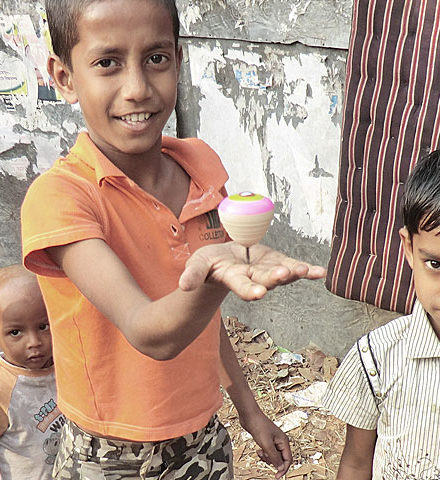
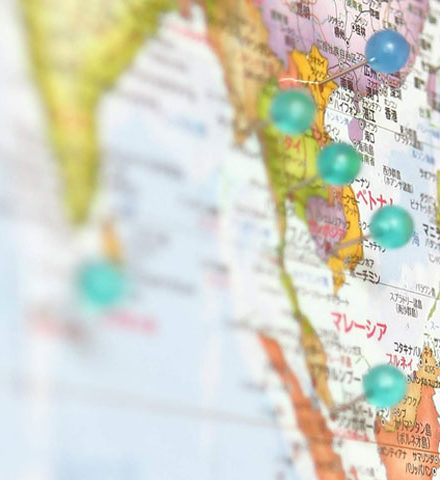


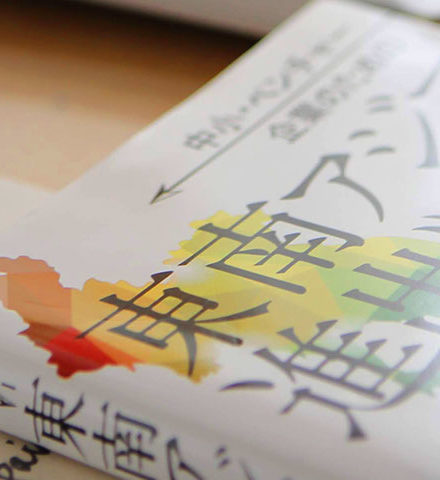
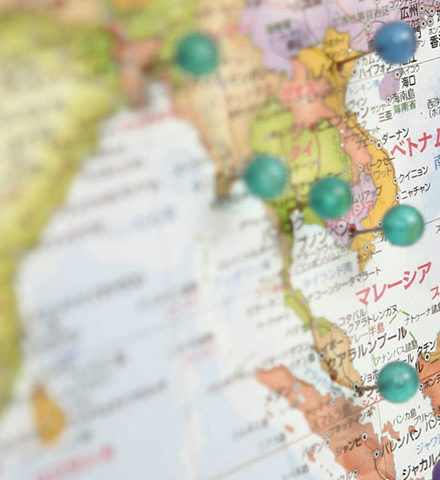
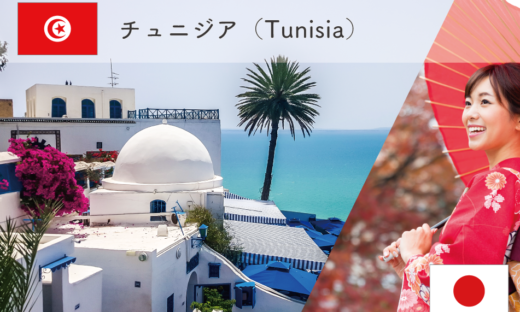

No comments yet.